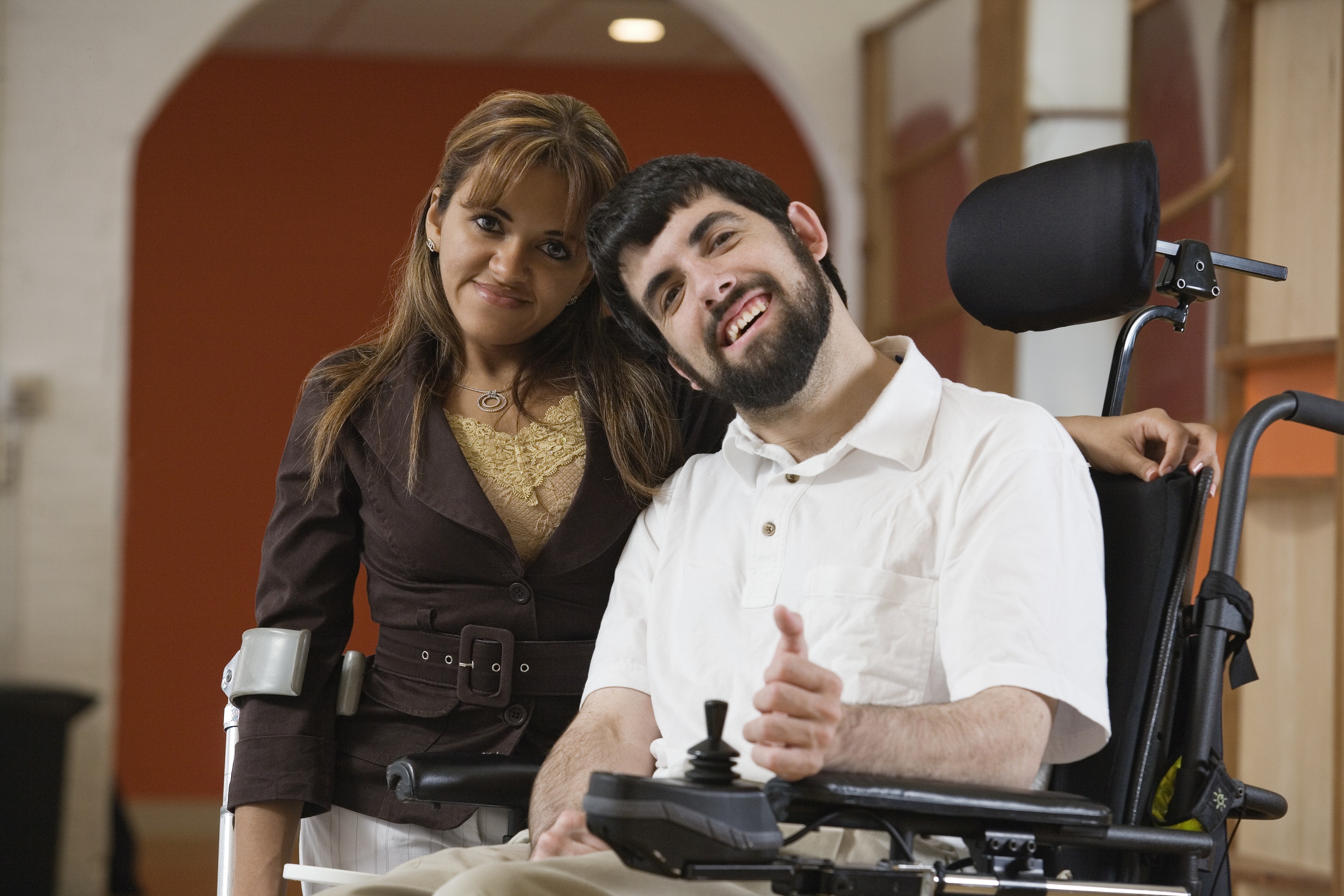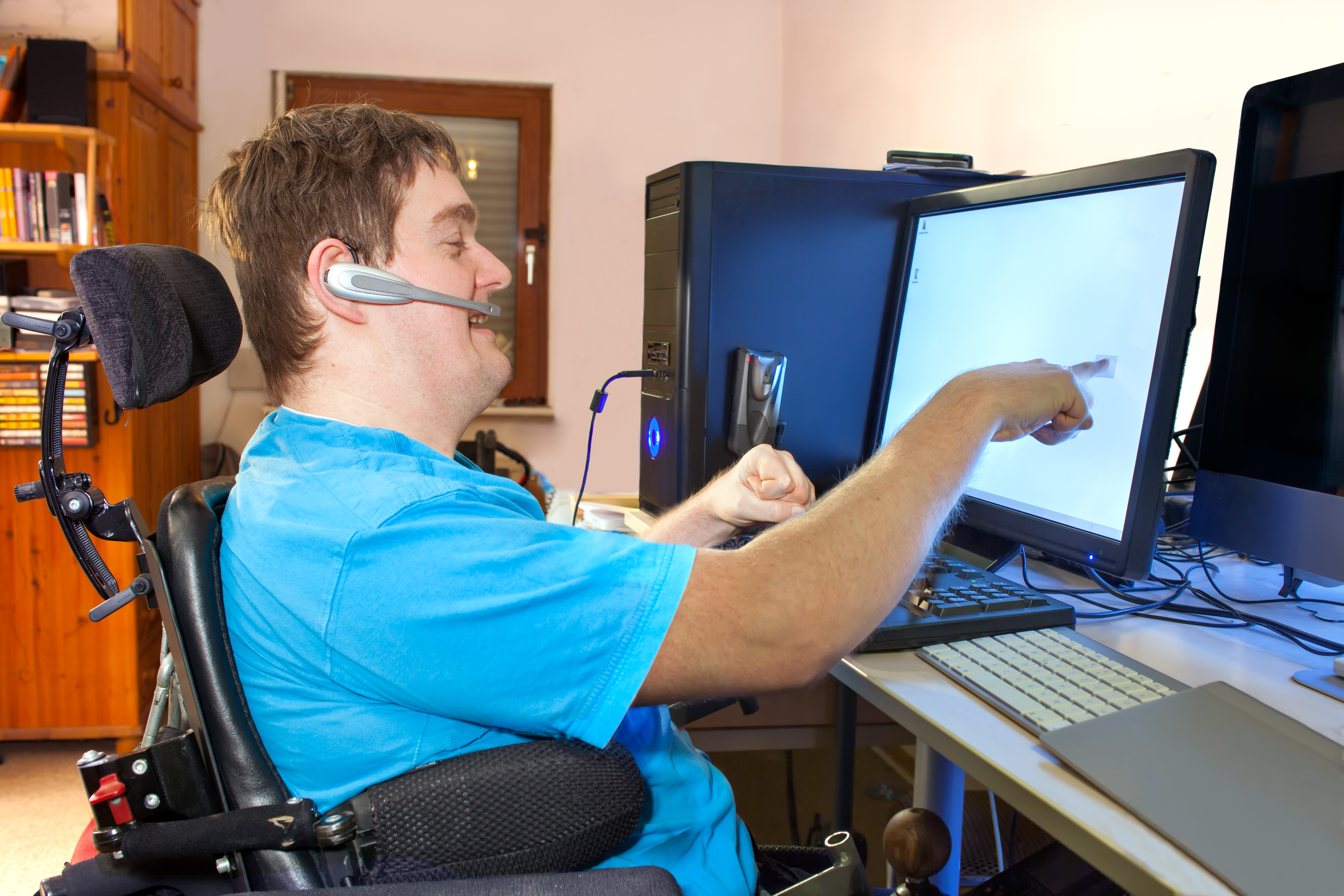ACL Awards Grand Prize in the “Inclusive Talent Pipeline for American Businesses" Challenge
October 29, 2021--As National Disability Employment Awareness Month closes, ACL is announcing Mentra as the $100,000 grand prize winner of the Inclusive Pipeline for American Businesses Challenge competition.
Research shows American businesses that hire and support workers with disabilities see improved performance and productivity—28% higher revenue and 30% higher profit margins. However, businesses that want to diversify their workforces do not always know how to implement effective talent pipelines that include people with disabilities, and people with disabilities experience many barriers to employment that lead to a higher unemployment rate when compared to their non-disabled peers.
In November 2019, ACL launched the Inclusive Talent Pipeline for American Businesses challenge competition to help businesses identify ways to help expand their recruiting and retention programs to better include workers with intellectual and developmental disabilities.
ACL called on American businesses to join the challenge and compete for a total of $380,000 awarded in three phases. ACL received more than 50 proposals; five were selected to move on to phase 2, where three finalists were chosen. On October 19, finalists presented the results of their pilot projects, and Mentra was chosen as the grand prize winner by a panel of judges.
Mentra describes their solution as “a neurodivergent-friendly talent platform that intelligently matches neurodiverse individuals with employers that value their strengths.” Using artificial intelligence, Mentra’s algorithm learns from an employer’s hiring needs. It matches candidates to employers based on a holistic understanding of the candidate’s personality, preferences, and skills. The platform was developed by a team that includes both neurotypical and neurodiverse people, and the company’s leadership team includes neurodiverse individuals, as well.
Note: This Challenge Competition is now closed and completed.



The Problem

A diversified workplace is good for the bottom line, yet people with disabilities have historically been left out of the workforce. The labor force participation rate for people with disabilities is about 33.3% compared to 77.6% for those without disabilities.
Research shows that firms that employ and support workers with disabilities have 28% higher revenue and 30% higher profit margins than peer businesses that do not. Inclusive employers report higher overall employee morale and higher retention rates of workers with disabilities. Research also reveals that people with disabilities are healthier and happier when they have the opportunity to work.
Hiring and retaining workers with disabilities is good for everyone. However, businesses that want to diversify their workforce don’t always know how to create talent pipelines that include people with disabilities.
The Challenge
In November 2019, the Administration for Community Living invited American businesses and other entities to compete for $380,000 in cash prizes to help them expand their recruiting and retention programs to better include workers with disabilities (particularly people with intellectual and developmental disabilities).
From more than 50 competitive proposals, ACL selected five first-phase winners. ACL was impressed by the leadership qualities displayed in every proposal and the creativity among the applicants as they worked to address this critical economic issue. The five innovative models that were selected have attributes that will allow them to be shared to help businesses across the country reach a wider talent pool and to create more opportunities for employment for people with disabilities.
The winners will refine their models and continue to compete for the $60,000 phase two prizes and the $100,000 grand prize.
- Phase 2 Finalists
-
Read the March 25, 2020 announcement.
The manufacturing and engineering design firm FALA Technologies proposed a program that aims to prepare youth and adults with disabilities for jobs in advanced manufacturing. The STEPs pre-apprenticeship program’s mission is to create a fully integrated training and placement program using the principles of universal design to train and prepare individuals for STEM-based technology jobs in all sectors of in-demand industries. Through the model’s STEPs career pathway individuals with disabilities will participate in professional and industry training, take applied learning coursework, receive certifications, and be placed in an internship program that will advance to an apprenticeship program. With their small-scale testing, FALA demonstrated favorable results in their program. The testing indicated that with proper technical and professional training individuals with IDD can enter the workforce and attain a job in a variety of industries. For more information, visit FALA Technologies Inc.
KPMG, a large professional services firm, teamed with Melwood, a Maryland-based disability service agency, to train neurodiverse candidates for jobs in the cybersecurity industry through their abilIT program. Melwood’s mission is to advocate for and empower individuals with disabilities to transform their lives through unique opportunities to work and play in the community. The abilIT training program hopes to increase a candidate’s confidence, provide a CompTIA certification, and prepare them to attain an entry-level tech or tech-adjacent job. The program utilizes personal, professional, technical, and social training. Employers would have access to a pool of candidates who complete the program and can apply the training to fulfill and retain positions. With their small-scale testing, KPMG and Melwood demonstrated promising success at unlocking the untapped talent of neurodiverse individuals. For more information, visit Melwood.
Mentra, the creators of a digital hiring platform connecting recruiters and neurodiverse applicants, prioritizes understanding the intangible characteristics of neurodiverse individuals to effectively increase the talent pool of job seekers and improve job retention. Mentra’s ambitious mission is to get 100,000 autistic individuals into the workforce by 2025. By using an intelligent matching algorithm, the platform connects employers to capable, qualified candidates well-suited for roles based on four dimensions: personality, career background, strengths and interests, and environmental preferences. With their small-scale testing, Mentra demonstrated that through personal, comprehensive screening, and supplemental training to enhance qualifications, autistic individuals can effectively attain a job unique to their talents and employers can retain the candidates. Visit Mentra for more information.
- Phase 1 Finalists
-
The Arc Southwest Indiana, Toyota Motor Manufacturing Indiana (TMMI), and the Indiana Office of Vocational Rehabilitation Services are joining forces to create an inclusive job pipeline for people with disabilities in Indiana. The internships at TMMI offer job training and support to people with disabilities for positions ranging from small sub-assembly, to body welding, inspecting, and equipment operation. The Indiana Office of Vocational Rehabilitation Services will fund short-term housing for in-state interns. The program starts interns in a transitional training center and then moves to finding them jobs with TMMI and their vendors and suppliers nearby. The program will continue to work with the individuals after they are hired to help them advance and move on to higher paying careers with benefits. Visit Arc Southwest Indiana for more information on this innovative opportunity.
Kennesaw State University (KSU) and disABILITY LINK in Georgia are implementing the Welcoming INclusive Growth to Soar (WINGS) program. This program addresses workforce readiness, recruitment, and retention for people with intellectual and developmental disabilities (IDD). WINGS recruits students with IDD participating in KSUs Academy for Inclusive Learning and Social Growth. Program participants receive either paid internships or full-time employment. The program also will create an affinity group on campus of employees with disabilities and allies as a means for support and retention KSU is partnering with the local Center for Independent Living, disABILITY LINK, to provide employment support. Visit Welcoming INclusive Growth to Soar (WINGS) for details.
Inclusive Pipeline Challenge Fact Sheet (PDF)
An Example
 Technology firms have worked in a number of ways to establish talent pipelines for workers with disabilities. One company is now partnering to bring qualified candidates into the workplace for a week-long academy of training that involves technical exercises. This simple model is helping the company establish a talent pipeline that can result in the hiring of workers with disabilities.
Technology firms have worked in a number of ways to establish talent pipelines for workers with disabilities. One company is now partnering to bring qualified candidates into the workplace for a week-long academy of training that involves technical exercises. This simple model is helping the company establish a talent pipeline that can result in the hiring of workers with disabilities.
Questions?
If you have questions or want to learn more, please email aod@acl.hhs.gov.



